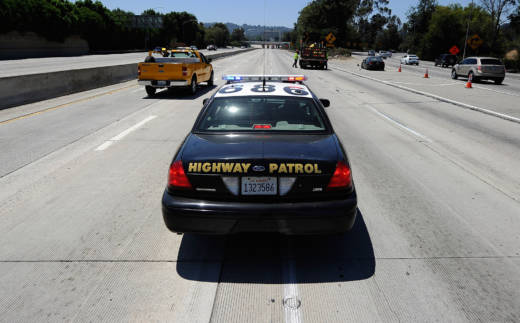Colorado and Washington saw vehicle searches by police officers fall dramatically after legalizing marijuana -- a trend that could have implications in California, where voters legalized recreational pot last November.
Researchers with Stanford University's Open Policing Project found the trend buried in data on 130 million traffic stops by state patrol officers, including millions by the California Highway Patrol. They reviewed data from 31 states, but the steep fall in searches in Colorado and Washington surprised the researchers.
"It really did plummet," said Stanford's Sharad Goel of the search rates. "When you take away a common reason for conducting a search, then there are fewer searches." The impacts were felt by all drivers, Goel said, not just those with marijuana in their cars.
In Colorado and Washington, the number of drivers found with contraband fell by 40 percent in the year following legalization. Nothing like that happened in other states, according to the report.
